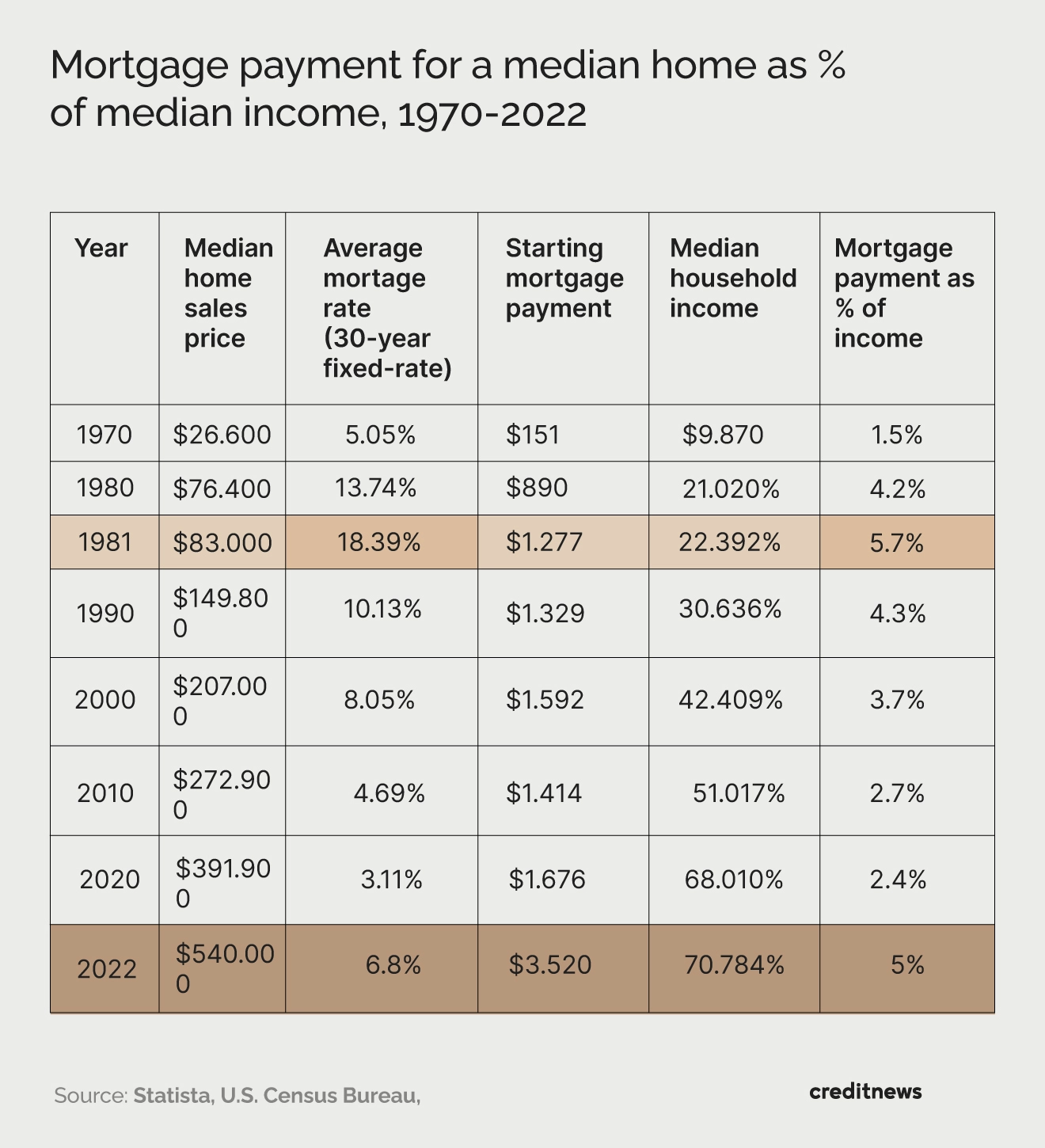Housing Crisis
171 readers
1 users here now
A place to post news and have discussions about the housing crisis, its effect on people who are priced out, and what the future has in store.
Post news, share opinions and discuss potential solutions. Change begins with every new person.
Rules:
- No spam, no fake ass quasi-news, and no low-tier memes.
- No bigotry or hate speech or other illegal posting shit.
- No derailing valuable conversations using deviant tactics.
Other resources:
https://lemmy.world/c/rebubble
founded 1 year ago
MODERATORS
1
2
3
4
5
6
7
8
9
10
20
California clears path for safe conversion of underused commercial buildings.
(www.facilitiesdive.com)
11
12
13
14
15
16
17
18
19
3
House prices will keep rising into next year, says Domain, as immigration boosts demand
(www.theguardian.com)
20
21
22
23
24
25
view more: next ›

